The Last of Us | A Potential Transmedia Beginning
There are stories that play like movies. Stories that move like dreams. And then there’s The Last of Us. A modern mythology smuggled in under the guise of a survival horror game.
When it arrived in 2013, it quietly redefined what interactive storytelling could be. When HBO adapted it a decade later, it proved lightning can strike twice (so long as you aim at the heart).
And yet, for a story about decay, survival, and rediscovery… it hasn’t evolved nearly as much as it should have.
Because while The Last of Us is a masterpiece of character and craft, it’s only scratched the surface of what it could be as a transmedia storytelling universe.
Transmedia Isn’t Adaptation
Let’s clear something up: TRANSMEDIA IS NOT A CHECKLIST. It's not, “We made a show, here’s a podcast, let’s sell a hoodie.”
True transmedia storytelling means crafting distinct yet interconnected stories across different platforms, each contributing something unique to the greater narrative. Not retelling. Not rehashing. Revealing.
The games and HBO series walk the same path, with minor detours and a few expanded scenes.
That's an adaptation. Polished, prestige adaptation, but still the same map.
Transmedia doesn’t walk the same road. It builds new ones in the same world. Roads we haven’t traveled. Roads where we don’t know what waits around the corner.
And The Last of Us is overflowing with roads worth paving.
The Untold Stories of a Dying World
The beauty of the franchise isn’t the infected. It’s the uninfected. It’s the broken, tired people still reaching for love and meaning in a world that forgot both.
So why are we still only following Joel, Ellie, and a handful of others?
Jakarta: Ground Zero for Grief
The HBO pilot planted a brilliant seed: the outbreak begins in Indonesia. A single scene. A devastating one. But then, we move on. That’s the kind of setup that demands its own series.
A geopolitical thriller. A public health drama. A scientist’s moral unraveling. Let us witness a city’s descent, not through news clippings or exposition—but through lives.
The Fireflies’ Fractures
The Fireflies talk like freedom fighters, act like insurgents, and die like martyrs. But who were they? How did their message spread? What did they fight for—really?
A serialized comic book could explore different cells across the country. Some radical. Some idealistic. Some falling apart. It’s not about answers—it’s about the ideological gray zone the games often hint at but rarely explore.
FEDRA Files: A World Heard But Not Seen
An audio drama. Dark. Intimate. Tense. Following FEDRA soldiers, black-market smugglers, or teachers turned prison guards. Let us hear what life became when democracy turned to containment. These aren’t stories for the screen. They’re for the ear. For imagination. For nightmares whispered in static.
Medium, Platform, Audience: The Transmedia Trinity
A transmedia universe is only as strong as its ability to respect the medium, leverage the platform, and engage the audience.
And here’s where The Last of Us leaves most of its potential on the table:
- The games are exquisite but self-contained.
- The show is stunning but offers few new questions.
- The podcast is reflective, not world-expanding.
- The merchandise is just...well it's just merch.
There are no ARGs pulling fans into the quarantine zone. No live events letting people navigate checkpoints and moral dilemmas. No interactive timelines chronicling the fall of civilization. No audience immersion beyond consumption.
That’s a missed opportunity. Not because fans need more content, but because The Last of Us deserves more depth.
The Sins of The Last of Us: A Transmedia Confession
Huge thank you to Frank Konrath for writing "The 10 Transmedia Commandments| Sins of the Industry" segment on Storytects because we're gonna use em.
Let’s get this out of the way: The Last of Us isn’t guilty of bad storytelling (far from it). It’s a masterclass in emotional worldbuilding, performance, and tone. It’s not a failure. But in the realm of transmedia storytelling: it’s playing a beautiful song on a single instrument.
When viewed through the lens of the Transmedia Commandments, a handful of broken rules start to show.
Not maliciously. Not carelessly. But broken nonetheless.
So here are the top five sins of The Last of Us, confessed not with condemnation—but with the kind of constructive disappointment reserved for the friend who’s capable of so much more.
1. “Thou Shall Not Succumb to Media Mix or Adaptation”
Let’s be honest: the HBO adaptation is exceptional. It’s respectful. It’s emotional. It’s prestige television at its finest.
But it’s still a straight-line port of the game.
The same beats. The same arcs. The same conclusions. It’s not transmedia, it's media mix: the story told through a new medium, with minor detours. There’s no risk, no true expansion, no new narrative territory.
Transmedia demands more than adaptation.
It DEMANDS addition.
2. “Thou Shall Hold All Artists & Their Disciplines as Equal”
When a world is this complex—morally, emotionally, environmentally—it deserves input from a broad tapestry of storytellers.
But so far, only a tight circle has shaped The Last of Us: game developers, screenwriters, a showrunner, and a cast. Where are the comic artists, the immersive designers, the interactive fiction writers, the live experience teams?
Other art forms aren’t just decorative; they're generative. By excluding them, The Last of Us limits the world’s ability to stretch, deepen, and surprise.
It’s time to bring more storytellers into the room.
3. “Thou Shall Honor the Trinity of Medium, Platform, & Audience”
Right now, The Last of Us lives almost entirely in passive media: watch the show, play the game, listen to a recap podcast.
For a franchise built around gut-wrenching decisions and emotional agency, there’s a surprising lack of audience interaction outside the console.
No digital experiences. No mobile games. No immersive web series or cross-platform narratives that acknowledge different audience behaviors and access points.
The medium and platform are driving but the audience is in the back seat.
That’s not the transmedia way.
4. “Thou Shall Create Worlds Worthy of Exploration”
This one hurts, because the world is worthy. It’s arguably the most emotionally immersive apocalypse ever created. But instead of expanding the universe, The Last of Us keeps circling the same handful of characters.
Joel. Ellie. Abby. Rinse and repeat.
What about a story set entirely in a collapsed South American quarantine zone? A resistance cell in Montreal? A family on the run in rural Japan, hearing rumors of the U.S. collapse over shortwave radio?
The story architecture is built. The maps are sketched. But the doors remain closed. Transmedia doesn't settle for lore—it explores the rooms you haven’t been in yet.
5. “Thou Shall Incorporate Thine Audience into the World’s Narrative”
This may be the most glaring missed opportunity.
The Last of Us has built a world full of resistance, secrecy, underground networks, shifting alliances and the audience has been given no way to join in.
Where’s the real-world scavenger hunt? The in-universe Firefly recruitment app? A live event that treats you like a smuggler crossing borders? A QR code hidden in HBO promos that unlocks underground radio signals?
Fans don’t just want to consume this story. They want to survive in it.
A Universe Worth Saving
If The Last of Us teaches us anything, it’s that even in ruin, something human remains. That’s exactly what transmedia thrives on. The idea that stories live not in one place, but in every crack, every whisper, every point of view.
This world is too emotionally intelligent, too well built, and too ethically rich to be confined to a gamepad and a Sunday night slot.
It’s time to treat The Last of Us not like the end, but like the beginning of something even bigger. Not louder. Not flashier. Just deeper.
So here’s the ask: Don’t just expand the franchise. Expand the experience. Let the audience in. Let the story breathe. And let the world grow in ways it never has before.
Because if any story deserves to survive… it’s this one.
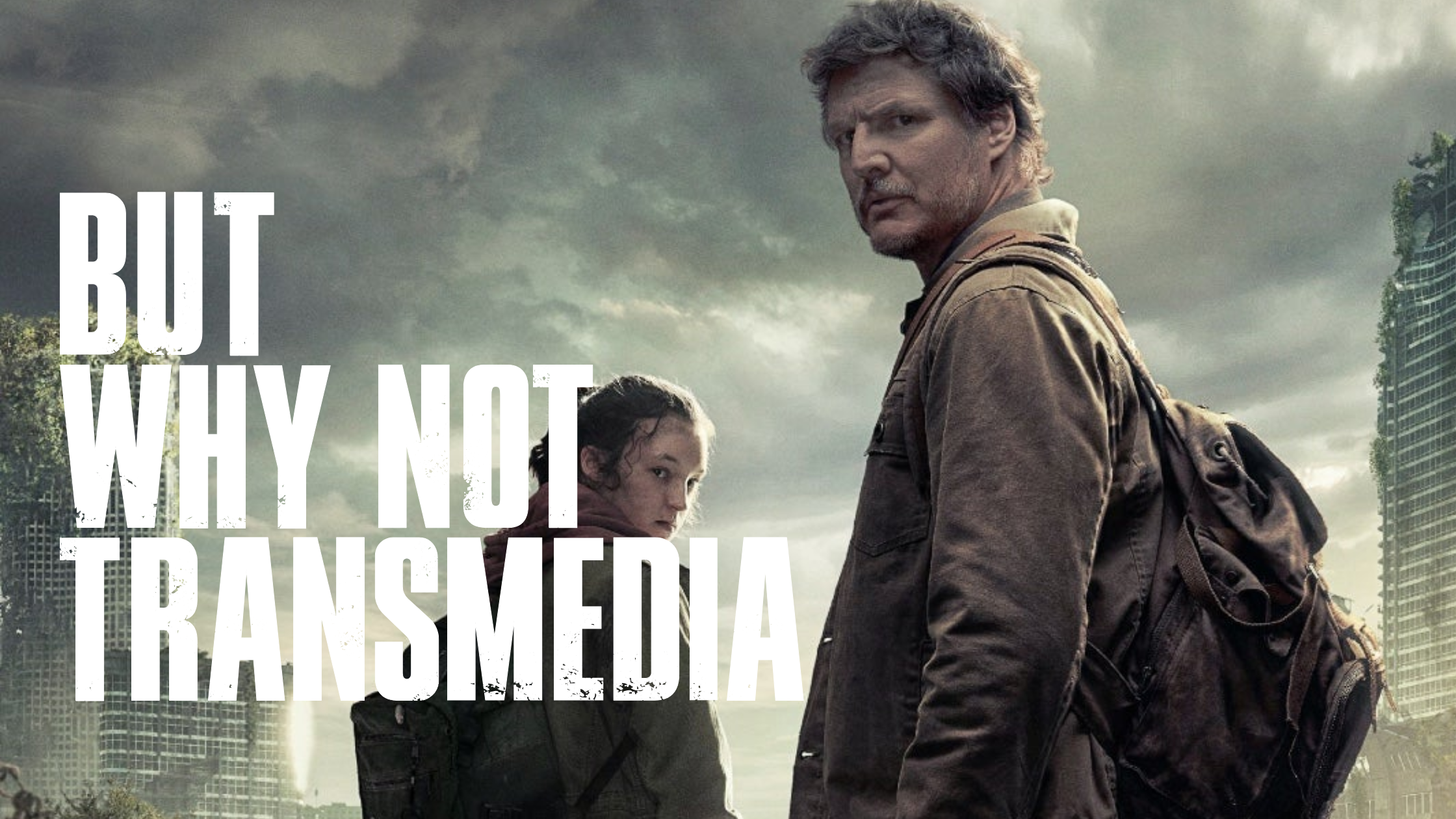
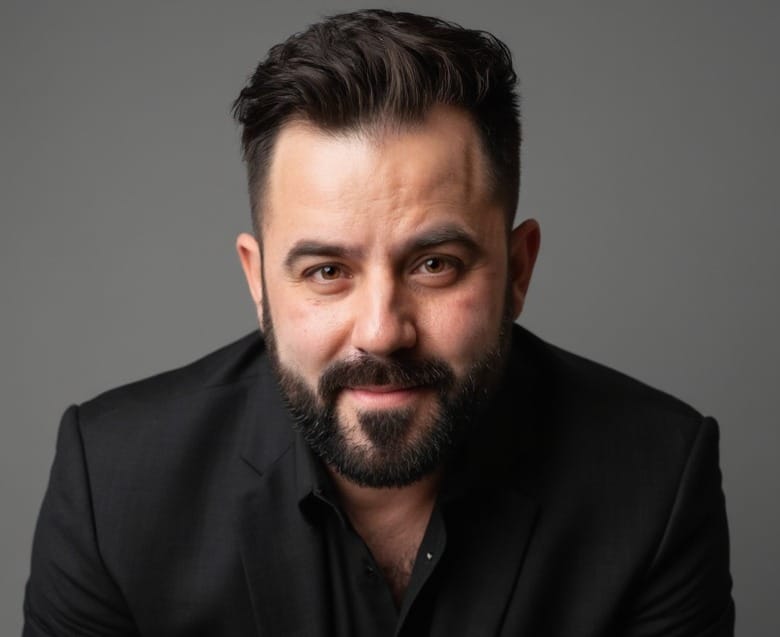


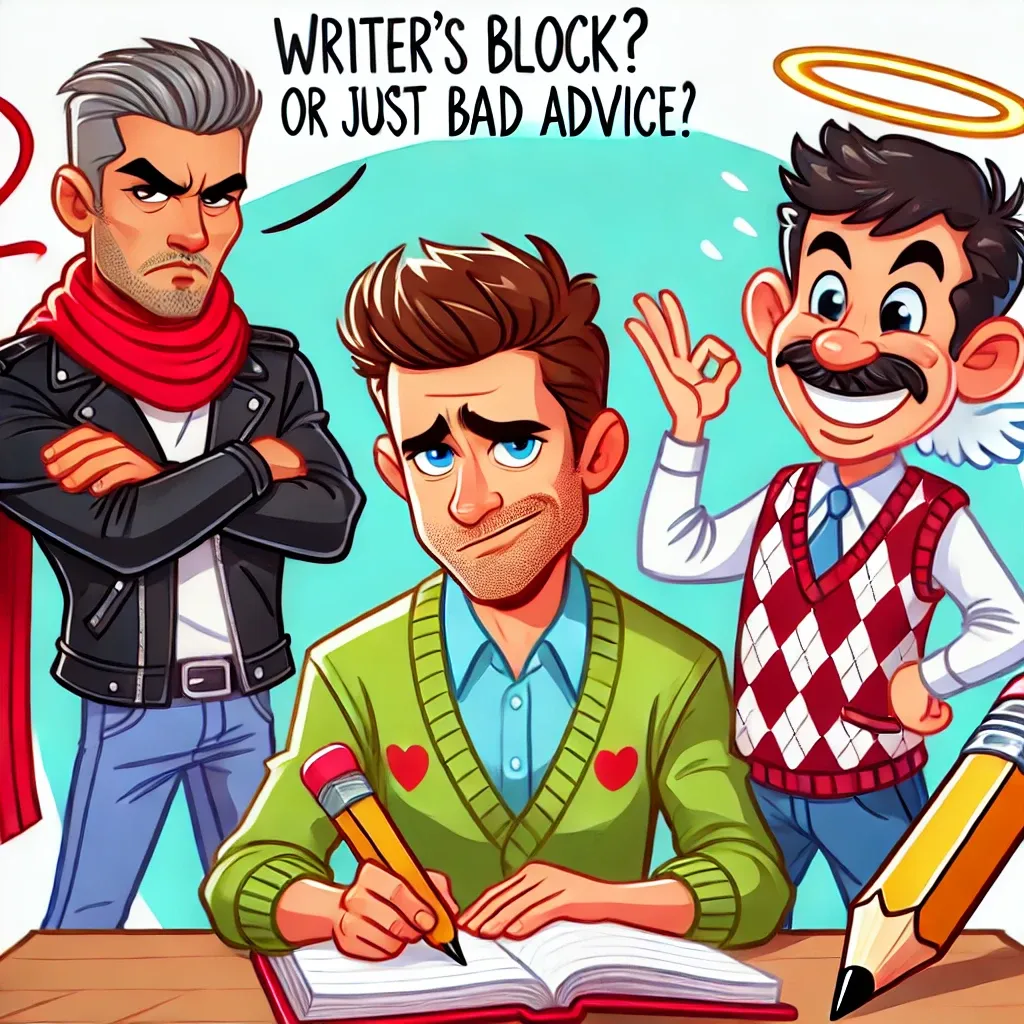
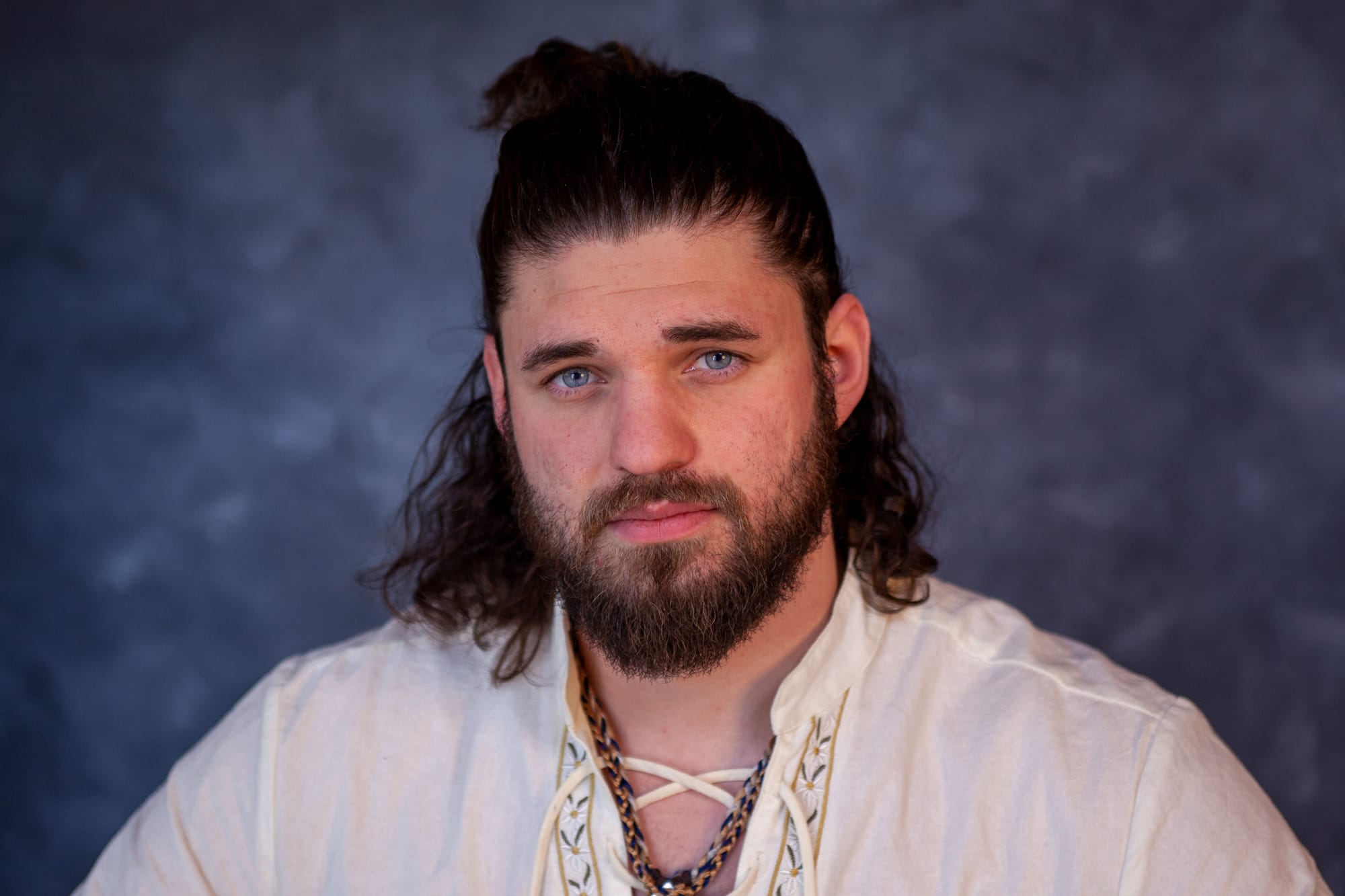

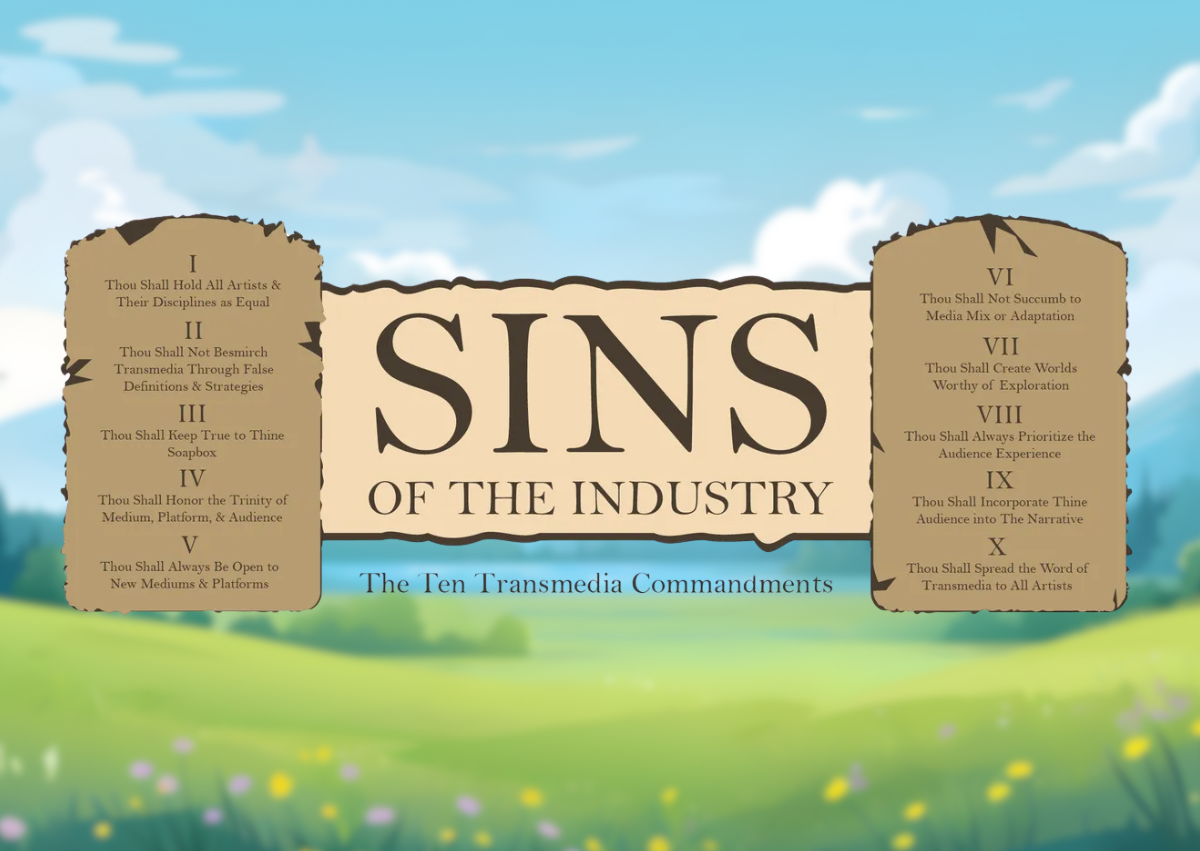

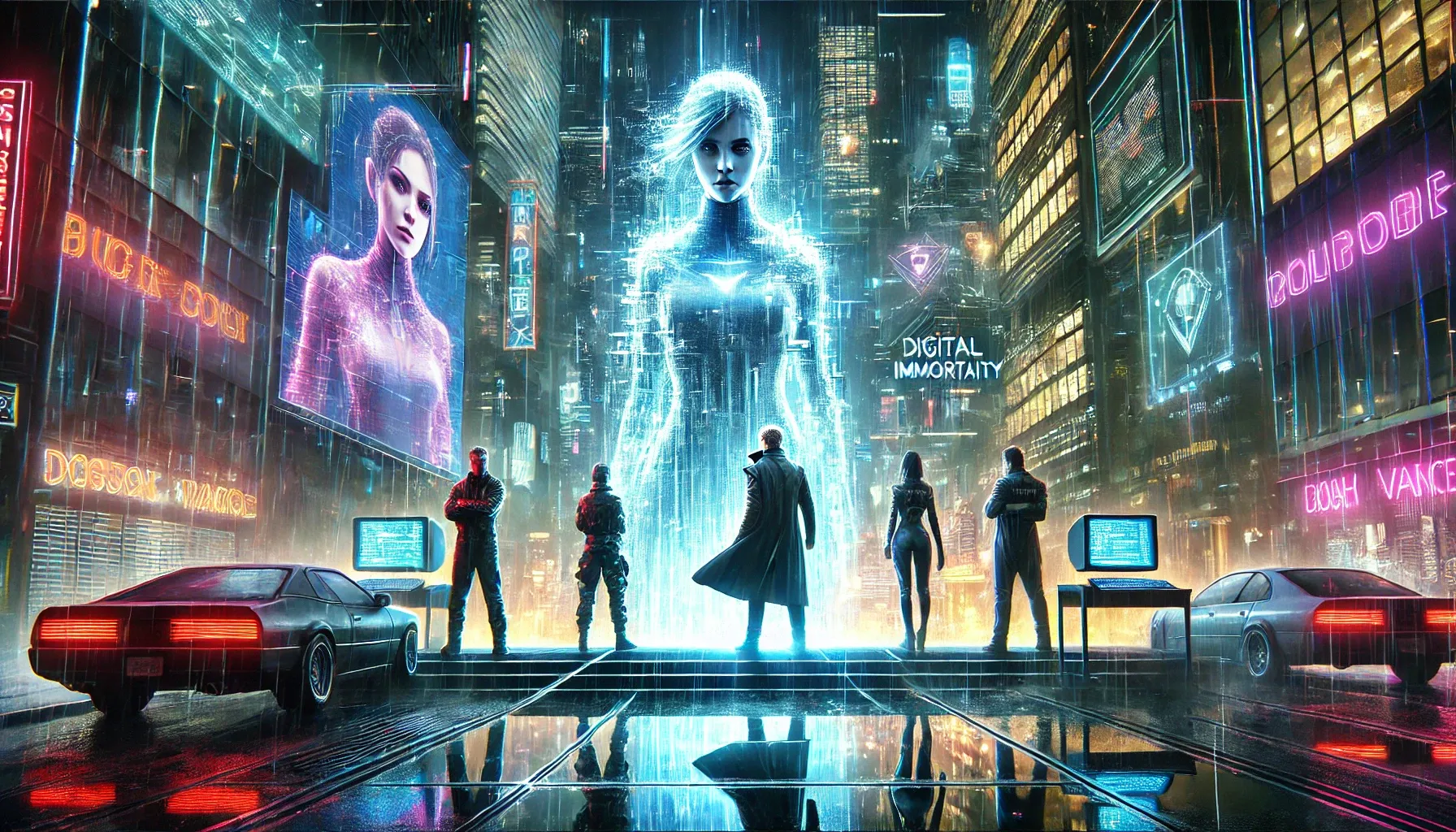



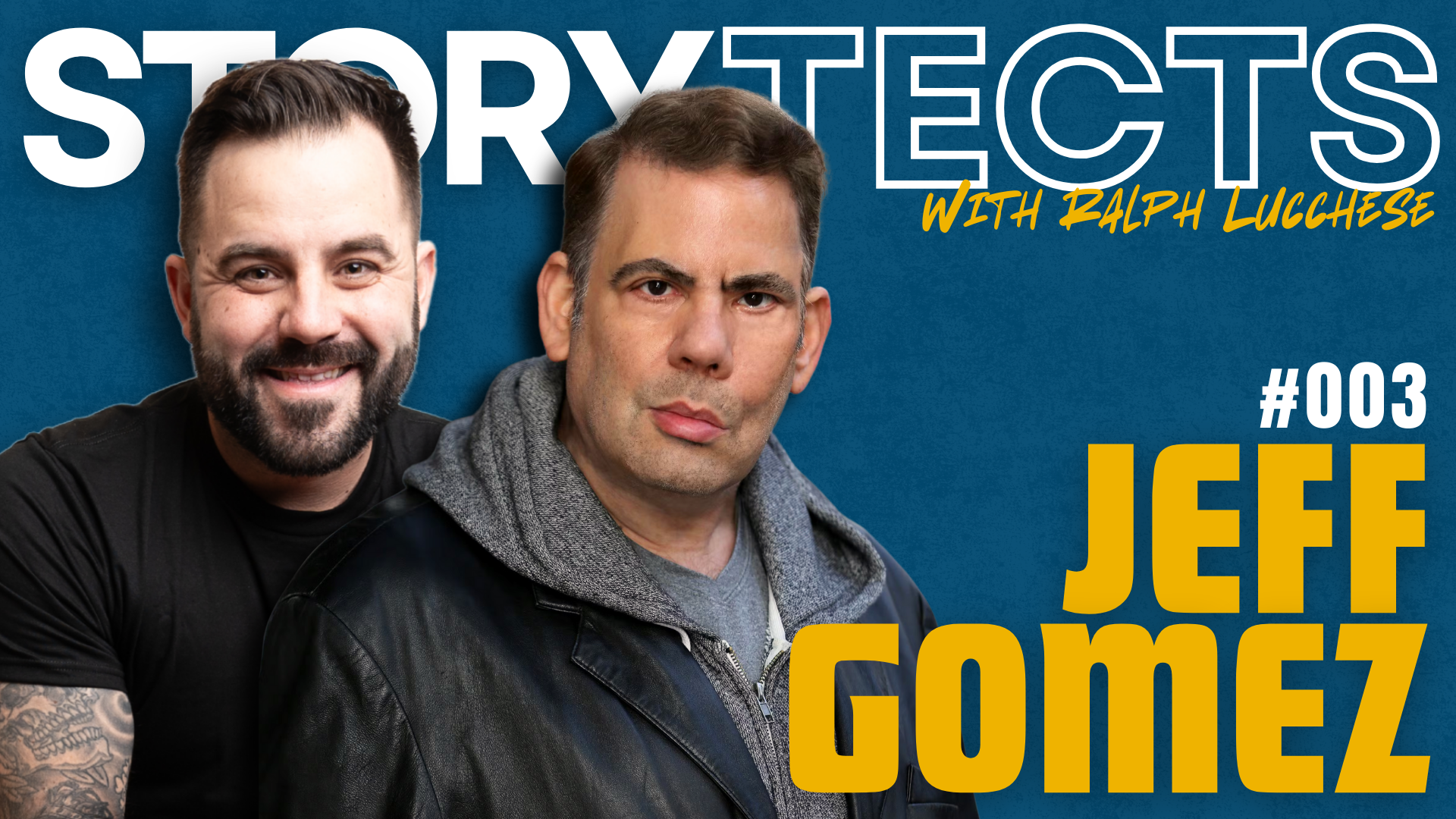
Discussion